
In an effort to save the future of the Library of Alexandria, blockchain technology could help preserve records and archive systems.
The study of history and ancient people is immensely important to preserving the knowledge passed down through the generations.
Unfortunately, the significance of the knowledge is particularly acute when it is lost. With tragedies such as the fire of the Library of Alexandria, or the pillaging of the House of Wisdom in ancient Baghdad, or the more recent losses of artifacts at the Iraq Museum, perspectives were lost, advancements in philosophy and literature were forgotten, and languages and translations vanished from the earth.
As we look to preserve our history, how can we safeguard the artifacts of our heritage from disaster?
Using blockchain technology to keep a record of the data stored on a decentralized cloud service could be exactly what the historical and archive industries need to protect our collective human history from destruction, pillage and faulty record-keeping.
Blockchain as a data keeper
The archive industry in many sub-sections is underfunded and lacks the means to properly care for the data being held. As told in this 2014 declaration petitioning for more funding for the United States Archive, it is clear that there is a lack of funding on many fronts, which could result in the loss of physical and digital records.
An alternative solution is to store data directly on the blockchain. As David Vorick, CEO of Skynet and co-founder of Sia, said to Cointelegraph, “a major advantage of using a blockchain is that you can build on an open marketplace, which ensures fair pricing for everyone.” This prevents third parties from taking part of the funding, while also making sure that community members who are passionate about protecting their heritage can fund a storage system directly.
Vorick further stated that “if you depend on external infrastructure, you have given your infrastructure provider the ability to fully disrupt your business — something that they will happily use to their advantage.”
Often, concerns arise over the legitimacy, security and the privacy of stored information. Many documents and records are preserved for the people of the community and, therefore, need to be safe and secure for the sake of their heritage. The nature of blockchain-based data keepers protect information not by storing it in centralized databases like some of the leading organizations do, thus making it more susceptible to data breaches, but by dividing files “into multiple pieces and send them to different servers or nodes, thereby reducing the possibility of external control over user data.”
Another important aspect of archive storage on the blockchain is the immutability of the document itself. “But online archives are also vulnerable to the removal of documents in ways that are impossible to detect,” noted The Social Science Research Council. It also recorded that back in 2001, writers were given the rights to an online archive of their own works, but other parties were able to go in and delete the writers’ works, all without disclosing the information or with any indication as to why an article was deleted. Articles and publications have been lost because some articles were not deemed worthy to be saved.
Blockchain archives could store data across nodes all over the world to make sure that it is a permanent fixture on the blockchain and, thus, in history.
This, conveniently, leads to the next part of the benefits of blockchain technology: giving credit where credit is due by establishing an immutable record of ownership. Through using a blockchain, there will be no doubt as to who owns what — like a digital passport for documents and records.
Blockchain enthusiasts often explain that “immutability provides integrity,” protecting who owns the document and who has and had access to it. For example, nonfungible tokens, or NFTs, are causing the art industry to take another look at ownership rights, “allowing artists to protect their creations from falsification and duplicity in the digital realm.” By using this same idea with archive and data collection, there will always be a way of making sure the records are not tampered with, proving the original owner and original format.
Related: How does blockchain work? Everything there is to know
How to help
In hindsight, we are able to look back in history to see what went wrong and what could have helped.
While this could be to prevent other similar problems from occurring, or simply out of curiosity, this practice could save our dying languages and keep the memories of people alive for the upcoming generations.
Imagine if all of the records lost in the great fire of the Library of Alexandria — or those lost in the destruction of its temple, the Serapeum, 500 years later — were kept on a blockchain. What information would we study and learn that could have changed modern society forever?
During the pillaging of the House of Wisdom of Ancient Baghdad, which held some of the world’s finest translations, philosophical and religious texts were destroyed and dumped into the Tigris, causing it to flow “black for half a year because of the ink from the thousands of books drowned to their metaphorical deaths.” Losing these precious records has done unfathomable damage to our understanding of humanity, which has been often historically seen as a way to weaken heritage and rewrite narratives. Therefore, according to “Lost Memories - Libraries and Archives Destroyed in the Twentieth Century” by the United Nations Education, Scientific and Cultural Organization, “measures must be taken to preserve our written heritage.”
The use of immutable blockchain technology to keep records secure could have been immensely beneficial during the 2018 fire that scorched through the National Museum of Brazil and destroyed invaluable records of our history and works of art. Dalton de Souza Amorim, a professor at the University of São Paulo, noted that “the anthropological collections were the worst loss,” which were recordings of indigenous languages that are now gone forever.
While blockchain technology cannot protect physical objects from accidental or deliberate damages, the data from these objects and researchers that is recorded, much like recordings of people speaking now forgotten languages, can be protected.
American anthropologist Clifford Geertz stated in his essay “Religion as a Cultural System” that culture is “an historically transmitted pattern of meanings embodied in symbols, a system of inherited conceptions expressed in symbolic forms by means of which men communicate, perpetuate, and develop their knowledge about and their attitudes toward life,” and therefore, protecting the records of language is necessary for protecting people’s cultures.
Putting ownership on a blockchain would soften the ongoing debate on who owns what regardless of who found it and who now holds it. This rings especially true when thinking about the recent success of Iraq and Egypt in claiming 11,500 artifacts back after a fight to prove ownership and “coordinate the return of around 5,000 ancient papyrus fragments and 6,500 ancient clay objects because the artifacts lack reliable provenance, or ownership histories.” By using a blockchain, countries and communities will no longer need to claim ownership of any documents or records since all of the proper information will be recorded and safe from tampering.
Now that we are equipped with blockchain technology, we can position ourselves to protect and pass on our knowledge and history to future generations without the fear of potentially losing records, materials and data forever. If we know how vital blockchain technology is at keeping and retrieving information, imagine how many Libraries of Alexandria could be saved in the future.

You can get bonuses upto $100 FREE BONUS when you:
💰 Install these recommended apps:
💲 SocialGood - 100% Crypto Back on Everyday Shopping
💲 xPortal - The DeFi For The Next Billion
💲 CryptoTab Browser - Lightweight, fast, and ready to mine!
💰 Register on these recommended exchanges:
🟡 Binance🟡 Bitfinex🟡 Bitmart🟡 Bittrex🟡 Bitget
🟡 CoinEx🟡 Crypto.com🟡 Gate.io🟡 Huobi🟡 Kucoin.
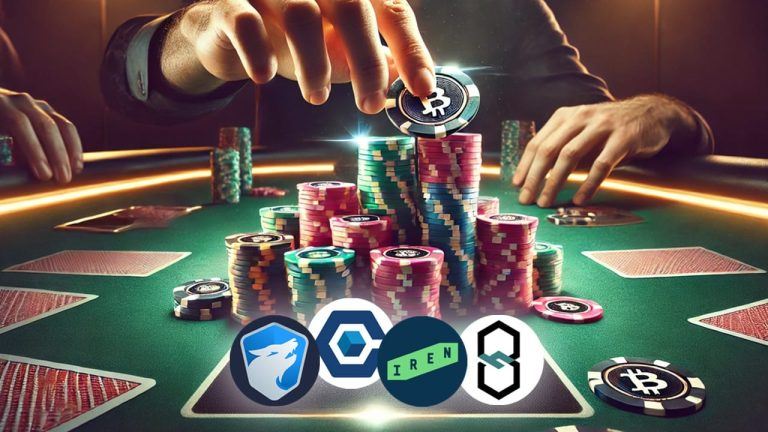
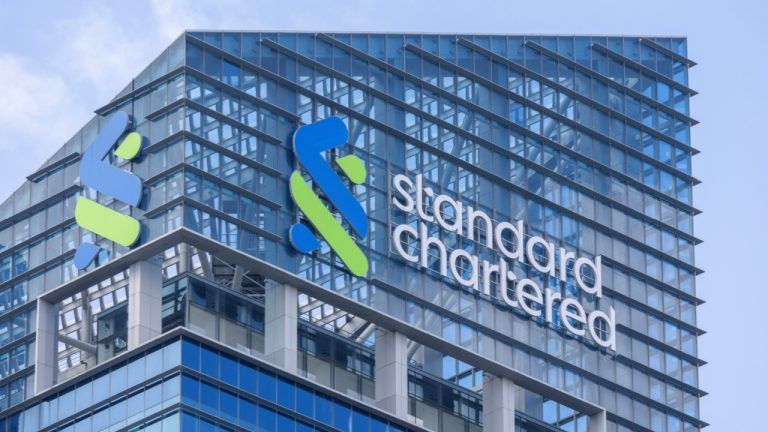


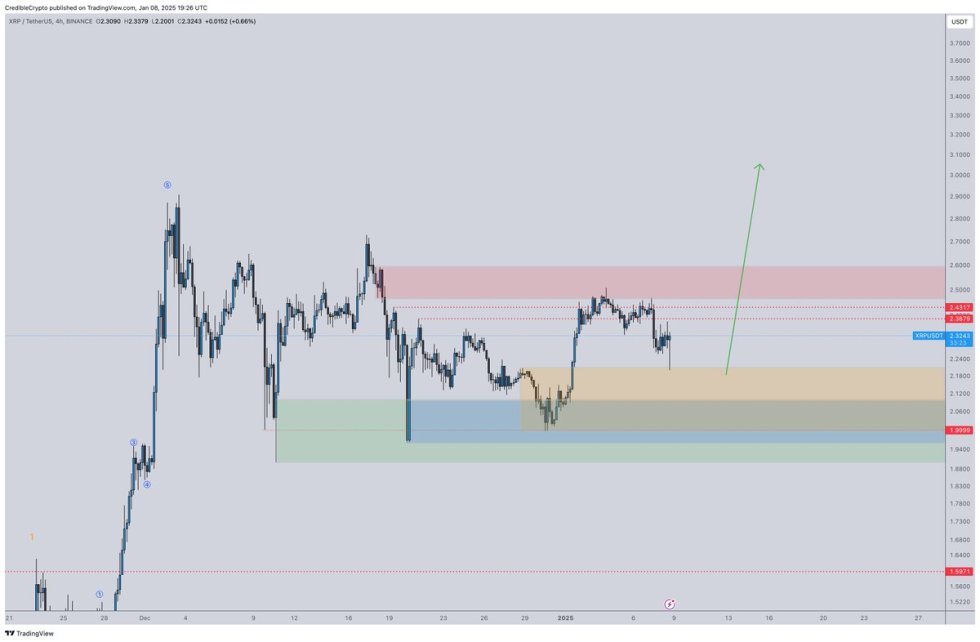
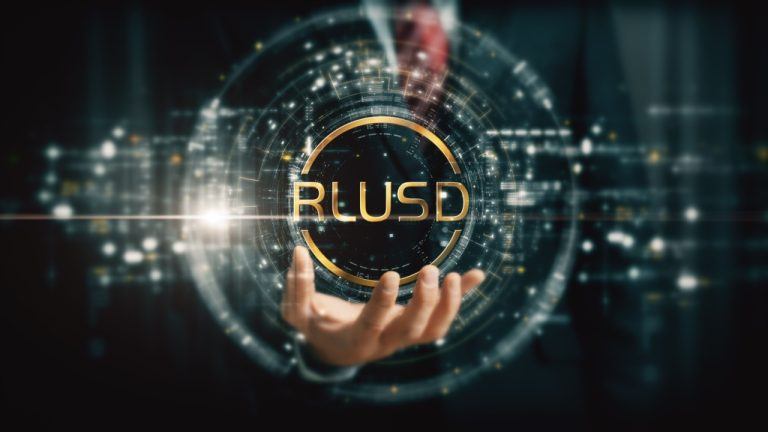


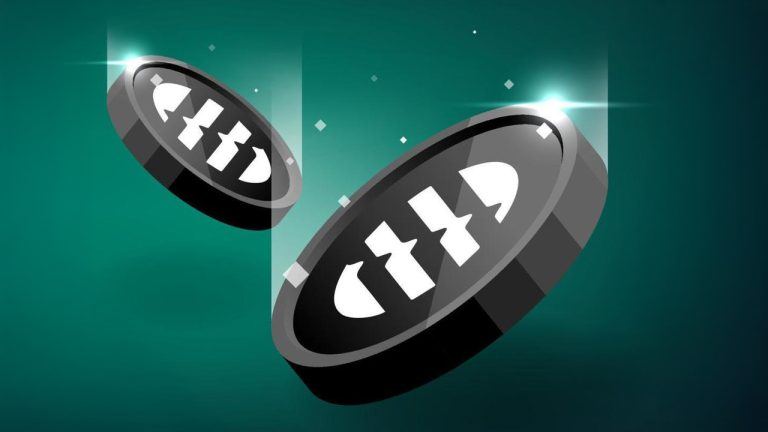
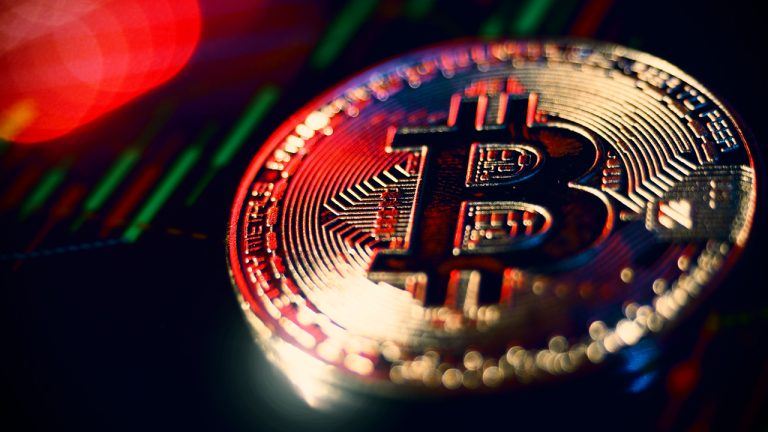
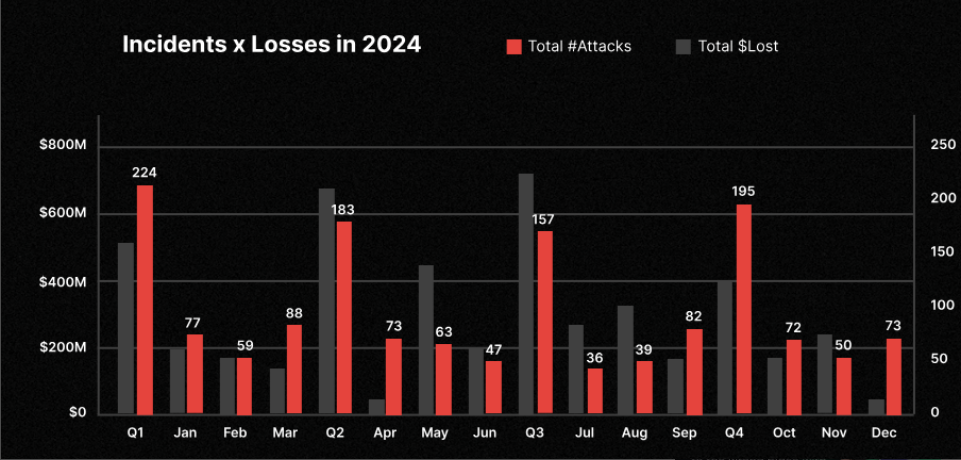
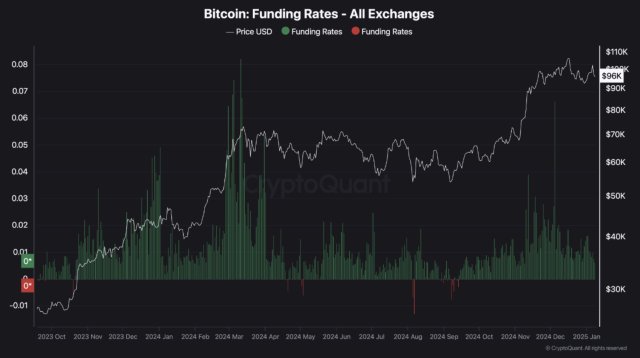


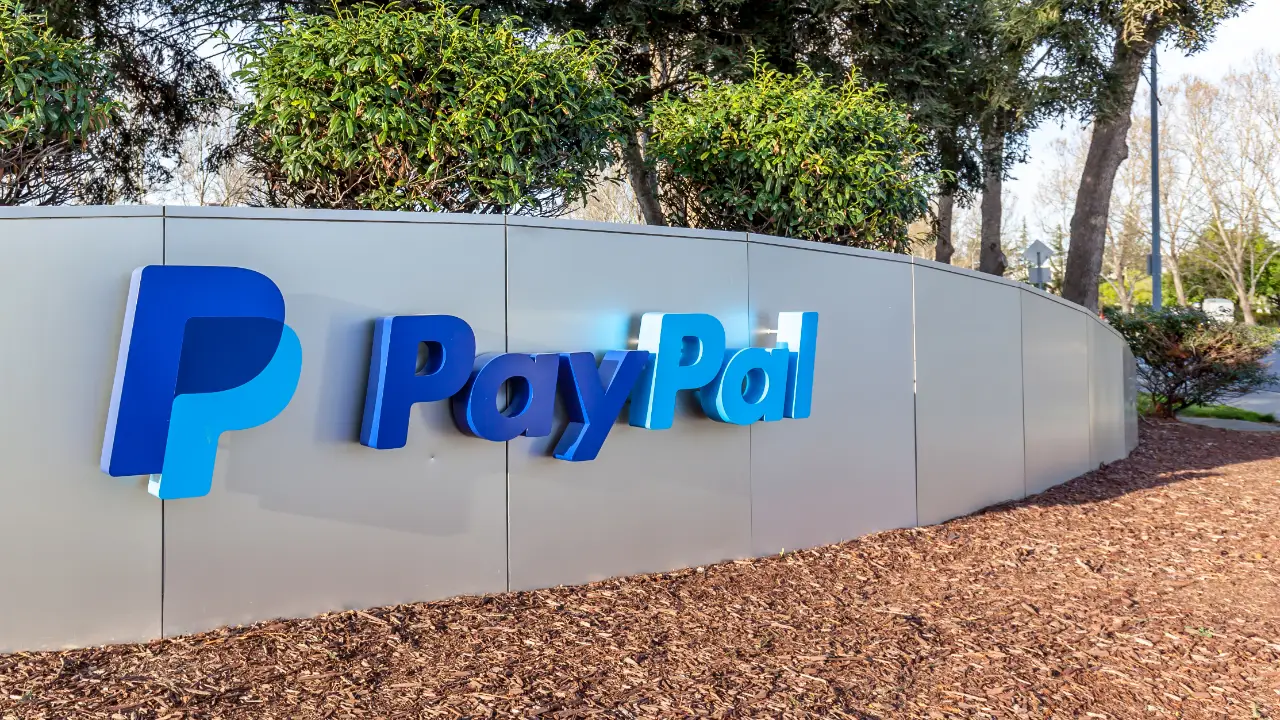

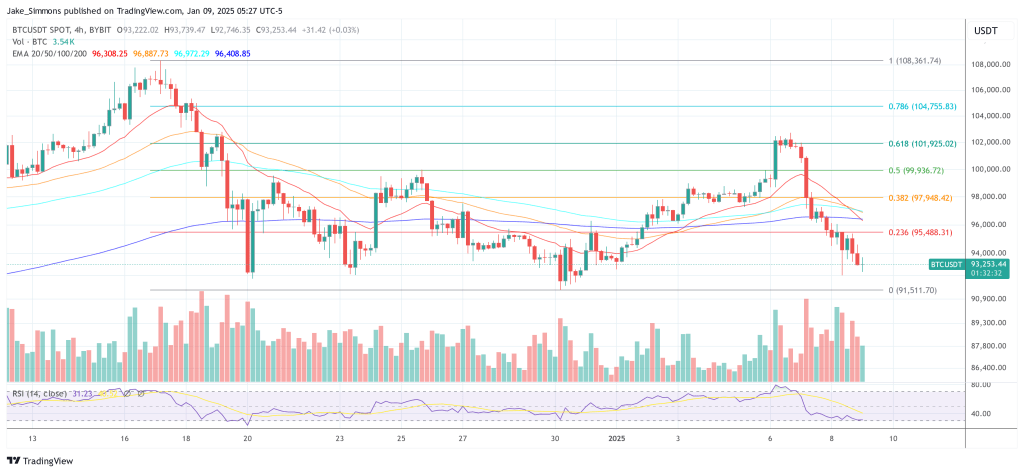
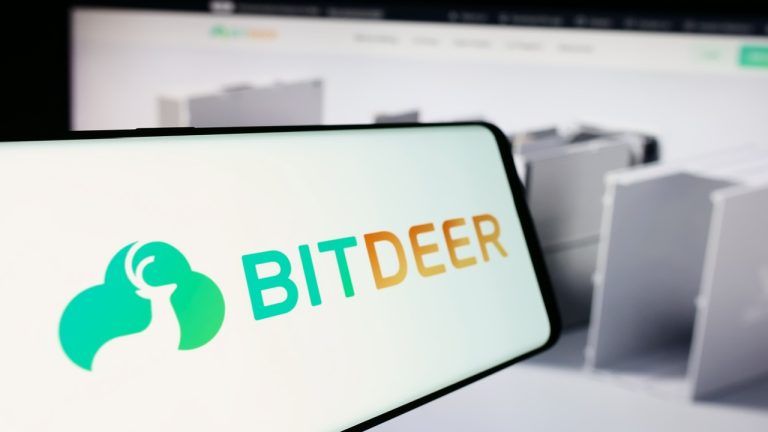
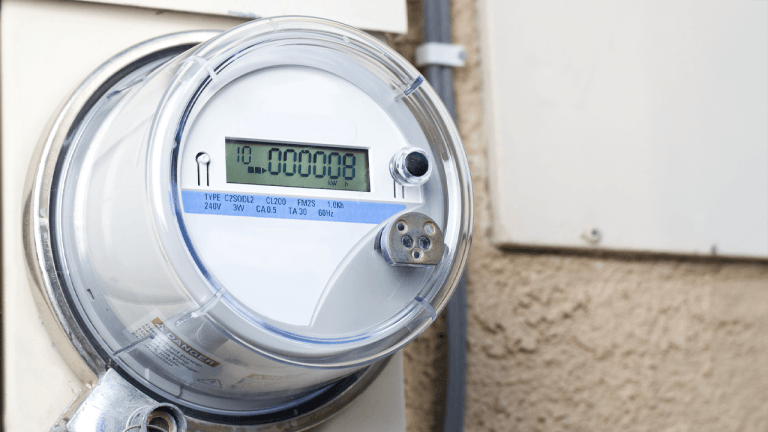
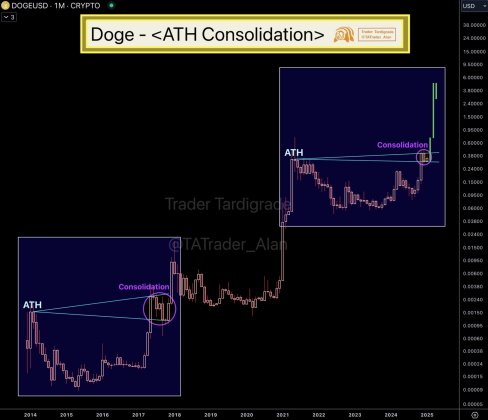
Comments